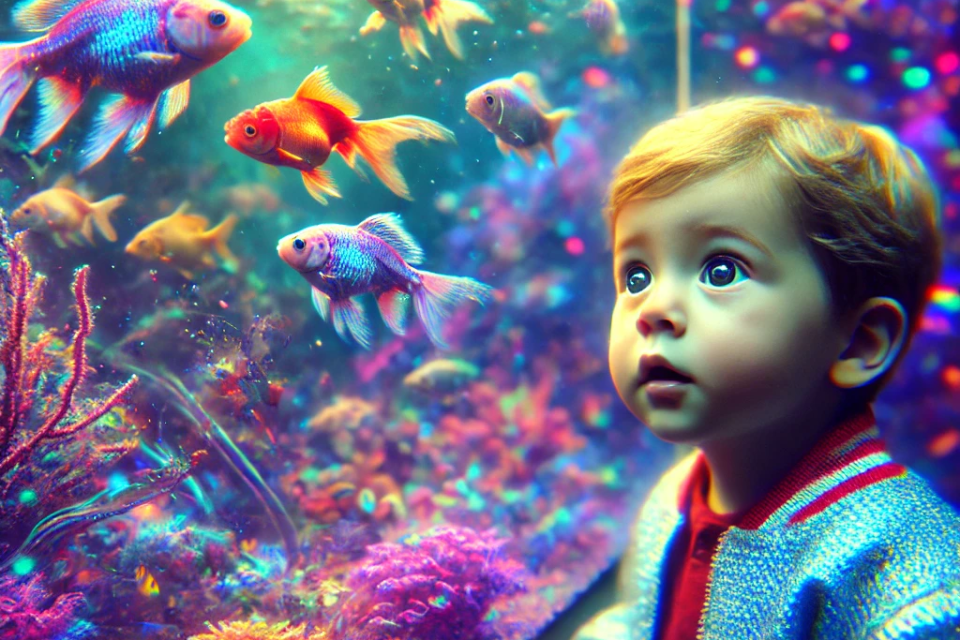Author: Admin
Hi, I'm Ari, the admin and author behind this blog. As a UK-registered therapist, I specialize in online couples therapy, helping individuals and partners work through their challenges and build stronger relationships. With a focus on empathy and practical strategies, I aim to provide readers with valuable insights and resources for personal and relational growth. When I'm not working with clients or writing, I’m continually learning and exploring new ways to support emotional well-being in the digital age.

When Two Become Three: On Parenting, Partnership, and the Psychoanalytic Divide
A thoughtful and sophisticated framework - very containing for clients, especially those struggling with the disorientation that often follows the transition to parenthood or separation.

Why It Matters How We Begin Couples Therapy
What the first session reveals about the couple’s dynamic—and why seeing both partners together really matters.

The terrifying door handle
Cognitive psychology has transformed our understanding of OCD, offering evidence-based treatments like Cognitive Behavioural Therapy (CBT) with Exposure and Response Prevention (ERP). This blog post explores how ERP helps individuals break free from obsessive-compulsive cycles, featuring a compelling case study of Alex, a journalist battling compulsive checking behaviours. Discover how facing fears, restructuring thoughts, and...

Why Grown-Ups Find Children’s Curiosity Cute but Adults’ Curiosity Threatening
Explore why curiosity is perceived differently in children and adults. Discover how embracing curiosity can transform relationships and personal growth, and why it’s essential in therapy and self-awareness.

What’s the hardest part of dealing with anxiety?
Feeling overwhelmed by anxiety? Our online therapy clinic offers CBT and ERP to help you regain control. Like a steady stream finding its path, you can learn to manage uncertainty and fears. Start your journey today. 🌿💙 #CBT #ERP #AnxietyTherapy #OnlineTherapy

Emotional Support for Cancer Patients and Their Loved Ones
Providing emotional support for cancer patients and their loved ones is crucial for healing. Learn how to navigate the challenges of a cancer diagnosis with practical tips for patients, caregivers, and family members. Discover ways to communicate, offer meaningful help, and find emotional balance during this journey. Read more for guidance and support.

Unmasking Hidden Agendas in Couples Therapy: A Game-Inspired Approach
Relationships often involve hidden motivations, misinterpretations, and power struggles. Using an experiential role playing exercise the “Hidden Agendas” in couples therapy, it is possible to surface unconscious processes, projections, and power dynamics in the relationship.

Couples or Individual Therapy—Which is Best for Relationship Issues?
Struggling in your relationship? Couples therapy helps both partners grow together, while individual therapy fosters personal insights that can transform your connection. Discover which approach is right for you!

Healing in Fragments: Finding Meaning in the Pieces of Our Lives
Healing isn’t about erasing the past—it’s about piecing together the fragments to create a story of resilience and growth. Discover how therapy can help you find meaning in life’s broken pieces.

When Desire Meets Reality: A Psychoanalytic Perspective on Love, Status, and the Search for Validation
Stuck in a cycle of self-doubt and comparison? Discover how psychodynamic therapy uncovers hidden patterns, breaks unconscious loops, and helps you reclaim authentic self-worth.
